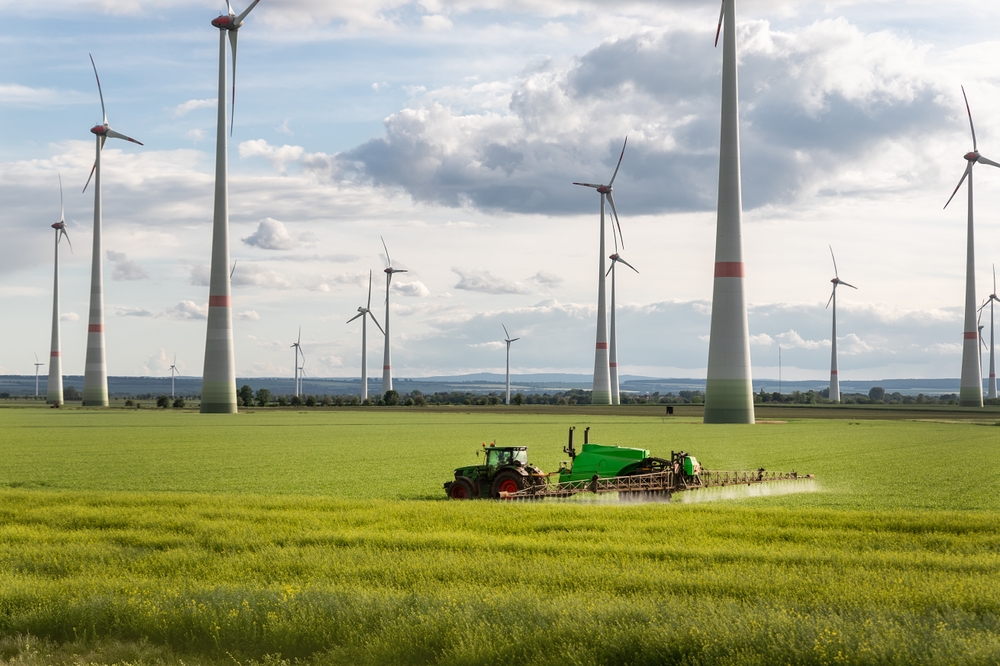

Environment secretary Steve Reed yesterday outlined how the government will monitor food currently bought in the public sector and reiterated its commitment to 50% being purchased from local produce or to higher standards.
Its reforms will also make it easier for farms to build new infrastructure, and accelerate connections to the grid to help them earn additional money from selling surplus energy from solar panels and wind turbines.
However, NFU president Tom Bradshaw said they fail to recognise that the industry is in a “cash flow crisis”, with the “lowest farmer and grower confidence ever recorded”.
“Many are worried about making it to the end of 2025, never mind what happens 25 years down the line,” he continued.
“Devastating inheritance tax changes, national insurance hikes, crippling cuts to direct payments and delays to environmental schemes mean many businesses won’t survive to benefit from the ‘new deal’.”
Farmers remain angered by changes announced in the budget which will see inherited agricultural assets worth more than £1m liable to tax at 20%.
The government’s ‘New Deal for Farmers’ also includes a promise to protect farmers in future trade deals by upholding and protecting high environmental and animal welfare standards.
It will also publish a '25-year farming roadmap' later this year outlining a plan to help farms succeed, and will launch its Accelerating Development of Practices and Technologies Fund to provide grant funding for farmer-led trials of innovative technology and techniques.
However, Bradshaw added: “The government must now face up to the reality of the fierce policy headwinds and challenging market conditions the industry is facing into and act to secure the future of British farming.
“Its first priority as a matter of urgency must be to pause and consult on changes to Agricultural and Business Property Relief and review the delays and challenges to agri-environmental schemes.”
Image credit: Shutterstock